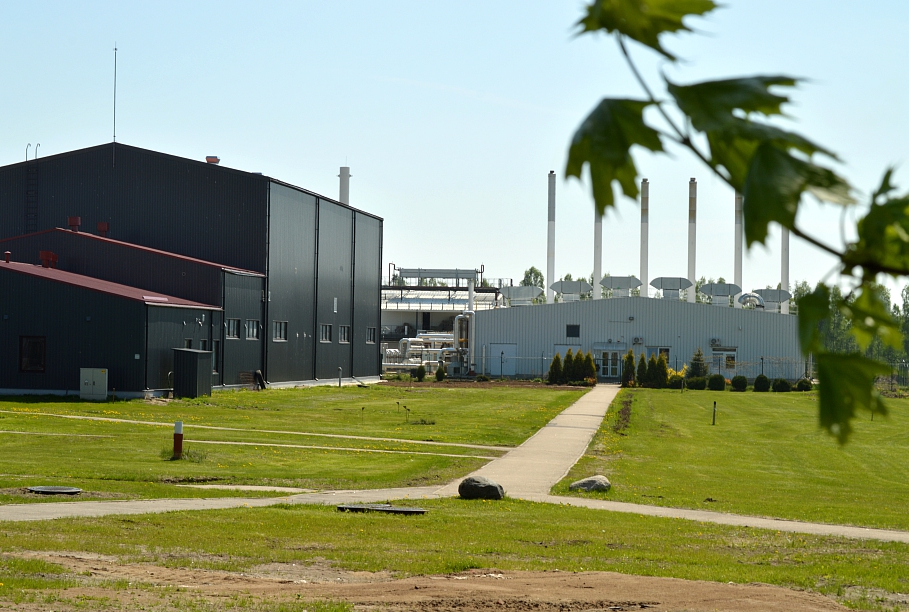He said Getliņi EKO is looking for additional operations because there is energy generated in the waste management process which cannot be used in any other way. Last year Getliņi EKO generated 24 GWH of heating energy and 31 GWH or electricity, and is using surplus energy in its greenhouses, which are a curious sight near a fenced-off trash mound in the outskirts of Rīga.
Stirāns said that growing of medical cannabis would help the company to avoid criticism about distorting competition in the vegetables market.
“Even though our tomatoes are more expensive than tomatoes produced by other companies, we are blamed for distorting competition,” he said, saying that there is a possibility that greenhouses could be closed because of that. Meanwhile, circulation of medical cannabis is strictly regulated and controlled market, and there is no free competition in it, he argued.
The company recently received experts from Denmark who shared their experience in growing medical cannabis.
Medical cannabis is not allowed in Latvia but Lithuania recently made it legal. The European Commission is starting work on legislation in this respect.
“We have Grindex and Olainfarm – why should they purchase the supplies elsewhere if we can produce them ourselves?” said Stirāns, referring to Latvia's large factories of pharmaceuticals.
Getliņi EKO, founded in 1997, manages Getliņi, the largest waste dump in the Baltics, situated in the Stopiņi district near the Latvian capital. The Rīga City Council owns 97.92% of the company shares, and 2.08% is owned by the Stopiņi Municipality.
Getliņi EKO built greenhouses for growing tomatoes, strawberries and flowers at the Getliņi waste dump in 2011 to make use of surplus heat generated by its biogas-fueled combined heat and power plant.































